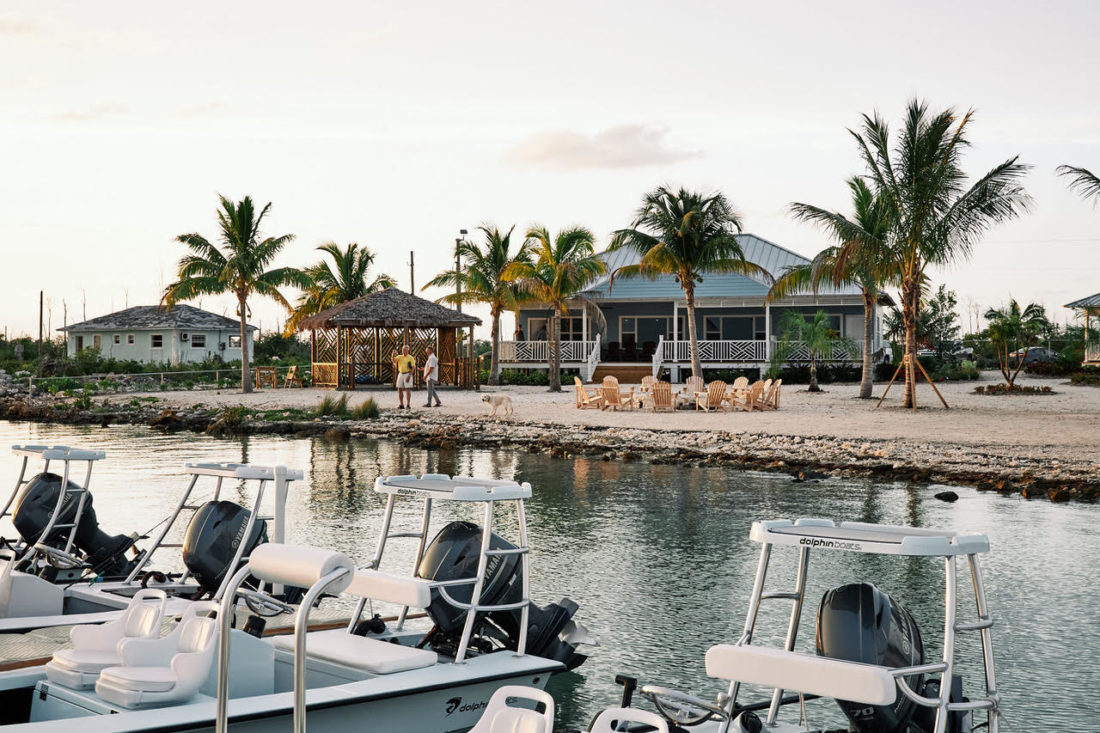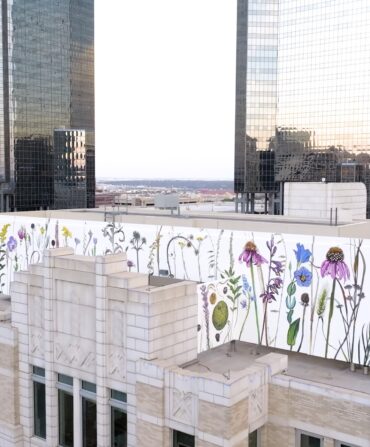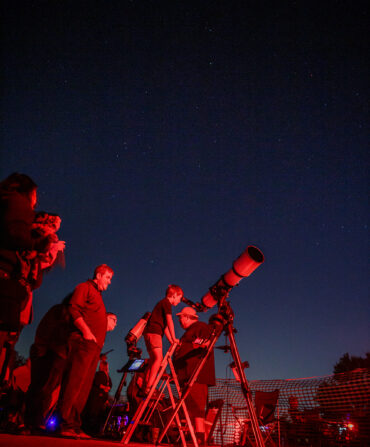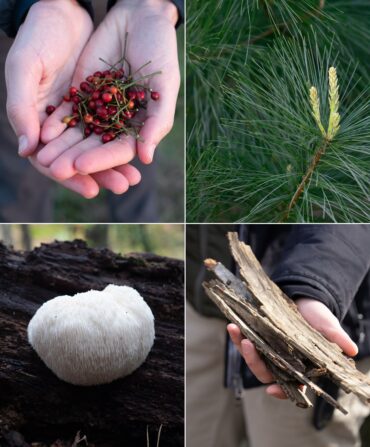It’s been two years and two months since Hurricane Dorian pummeled some of the most lore-rich bonefishing landscapes in the world. The storm brought 185 mile-per-hour winds and a twenty-foot storm surge that drowned Bahamian settlements from the East End of Grand Bahama to the Abacos. Fishing lodges were battered. Famed destinations such as Deep Water Cay closed and may never reopen. The lauded Abaco Lodge remains shuttered, its future uncertain.
It’s a fate that might have met East End Lodge, in the tiny village of McLean’s Town on Grand Bahama, but for the tenacity of its owner, a Jupiter, Florida, businessman named Robert Neher, and his guides and staff. When East End Lodge re-opened last March, it was the first of the destroyed lodges to rise from the ashes of the hurricane-pandemic double whammy. That it took so long speaks to the challenges of rebuilding in the midst of such a maelstrom. That it opened at all seems like a miracle to both locals and anglers.
Dorian battered the original lodge to near rubble, ripped out docks and slips, and scoured away feet of sandy beach. Now it’s all back, and better in some regards. Neher rebuilt the trim Caribbean-styled cottages with standing-seam metal roofs and walls the color of a clear Bahamian sky. The thatched gazebo, a fleet of sea kayaks, and flyrod racks that stretch across every porch are back, as is a large rebuilt firepit ringed with chairs. Recognizing a need to accommodate a growing number of single anglers, the reborn East End Lodge includes six new single rooms and an additional double. Poling skiffs are tethered to new docks. Thankfully, all seven of the lodge’s guides returned, and East End hired two more stalwarts from Deep Water Cay. The comfy new, and larger, bar seems to have suffered no ill effects: If Neher himself is manning the bottles, you might consider shelving any notion of an early night.
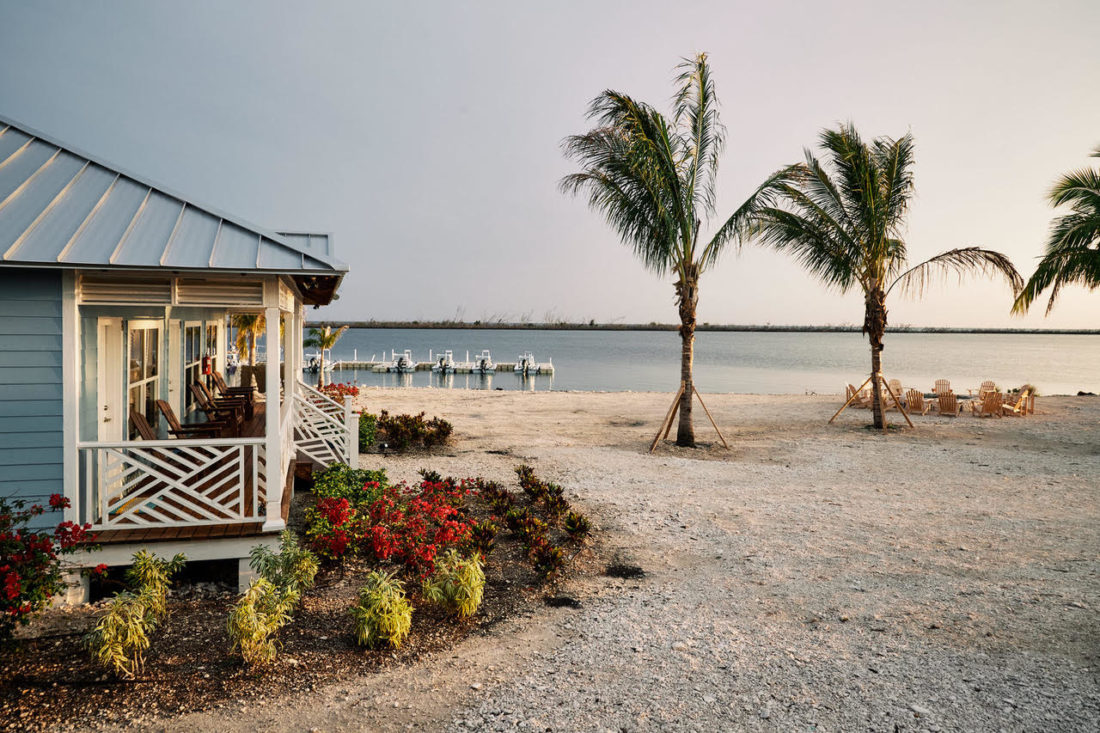
And the days are still Bahamas blissful. To be sure, there’s a bit of a Jekyll-and-Hyde atmosphere in those areas affected by the storm. Sweeping expanses of dead mangroves cloak nearly a half-million acres of Grand Bahama and the Abacos—an ecological disaster that has energized an impressive restoration effort by both U.S.- and Bahamas-based conservation groups (read more in “Seedlings of Hope” from Garden & Gun’s December/January issue). Tiny McLean’s Town, where East End Lodge is located, has become even tinier, having lost many residents who aren’t rebuilding. But the Bahamas’ tropical greenery has covered up the bare concrete slabs and shattered foundations where houses once stood. The local bar, dubbed the Chill Zone, is back up and running, and EJ’s Bayside Cafe is open. McLean’s Town was never a thumping hub of nightlife, but there are now at least a few places to grab a beer in town, served up by Bahamians who will be very happy to see you.
As for the fishing, during the three days I spent bonefishing out of East End Lodge, it was off the charts. For starters, fishing pressure has been dramatically reduced. In the silver linings category, the storm surge that crushed McLean’s Town was so high that the vast plains of seagrasses around the islands were buffered from the hell above. We caught bonefish cruising from the beach to the reefs and on every flat we fished. It’s still bonefishing, so we were still sometimes left standing on the casting deck with shoulders slumped and hurt feelings from blowing our chances. But there were also times we hooked bone after bone so quickly we couldn’t even eat lunch.
In fact, that’s why I’ve just booked two days of fishing for redfish in the south Louisiana marshes most affected by the recent Hurricane Ida. I’m happy to trade a postcard background for the knowledge that my fishing dollars are helping a local community get back on its feet. I’d be hard pressed to come up with a better way to give back to a resource like the Bahamian bonefish flats than to show up, rod in hand, at a place like East End Lodge. Doing your part might never feel better.
Also see: Saving Grand Bahama’s Mangrove Forest


